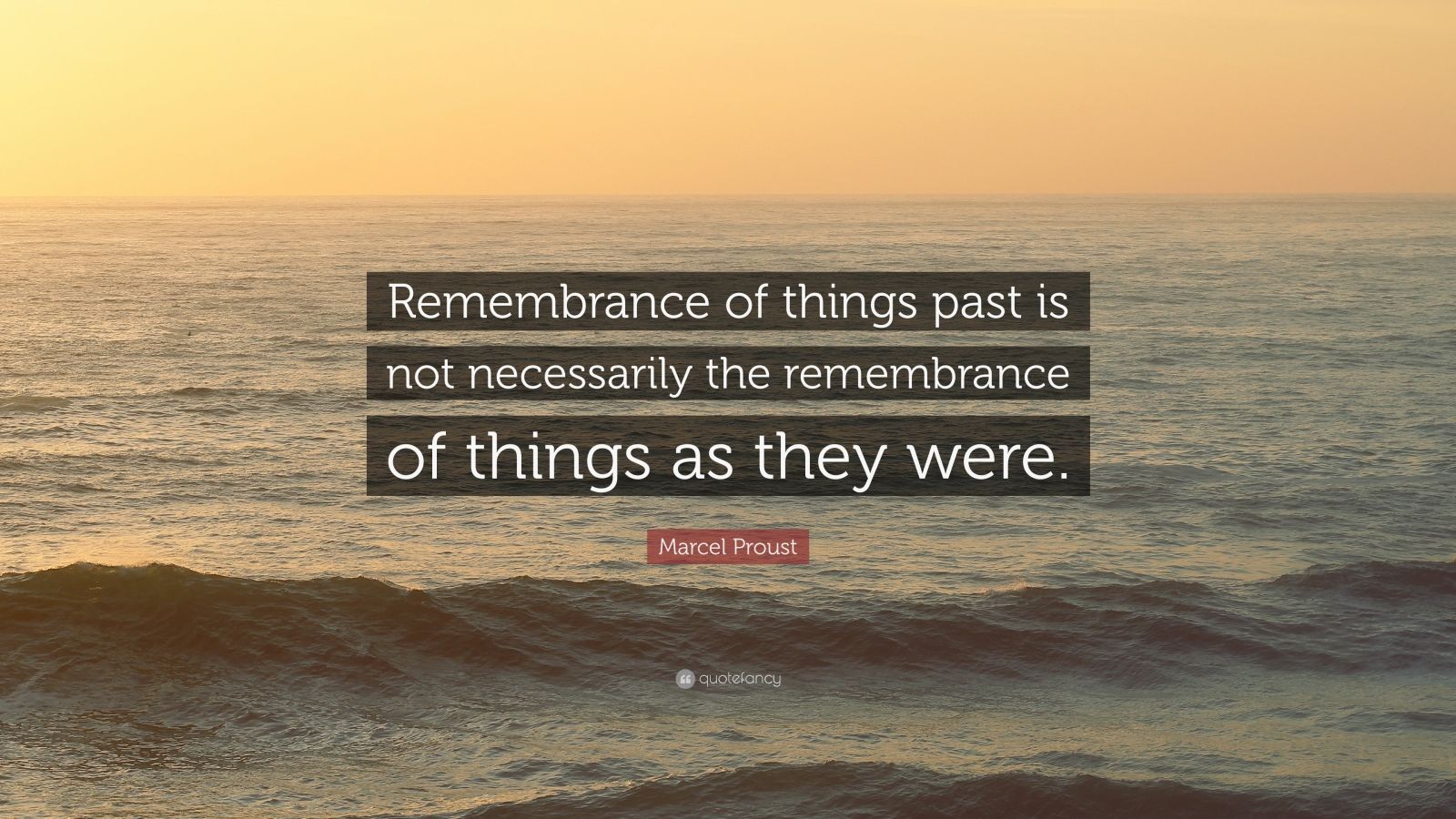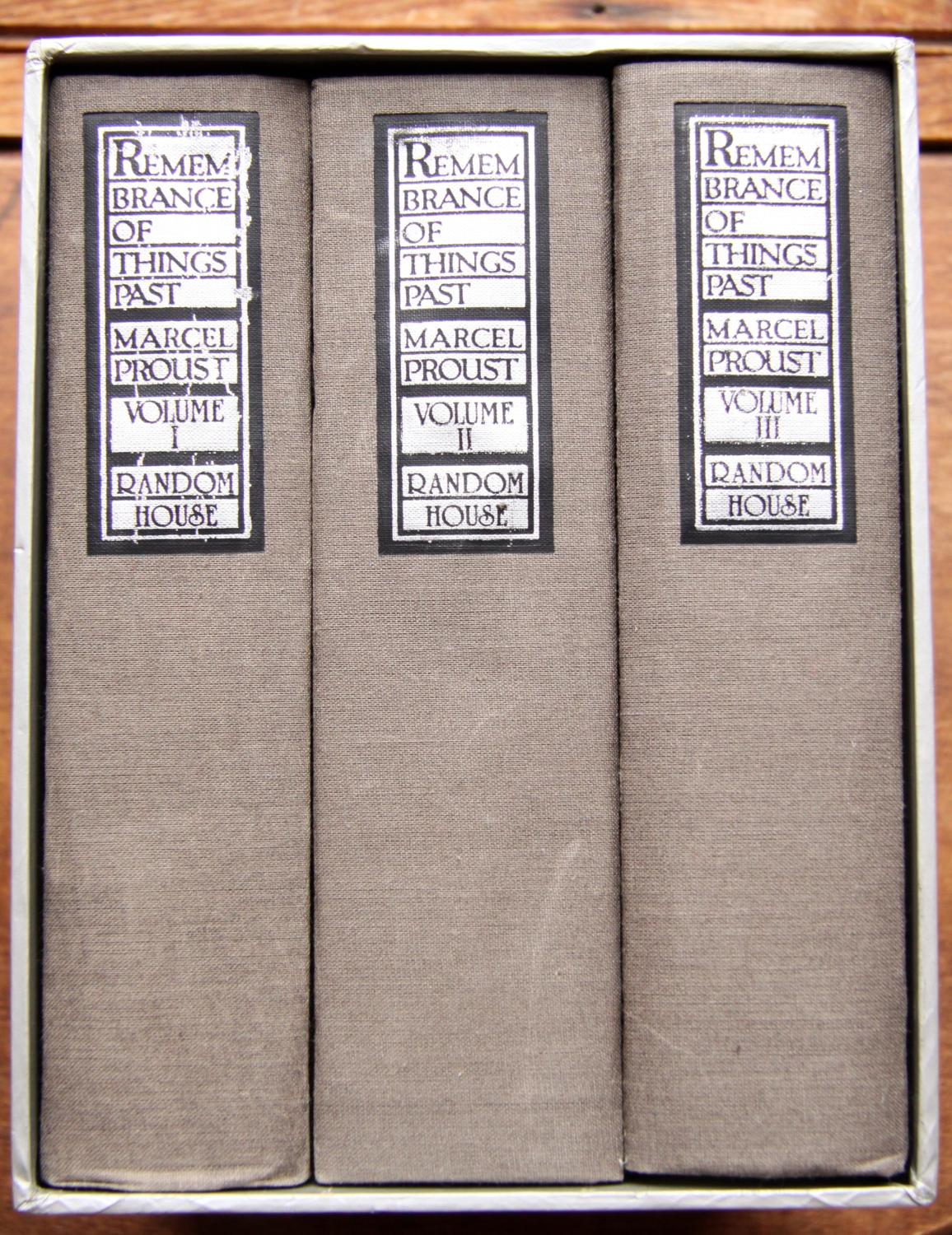

I fell short of this ideal, sticking with the Everyman translation: that is, DJ Enright's revision of the Terence Kilmartin/CK Scott Moncrieff text, which popularised the title In Search of Lost Time, as opposed to the Shakespeare-derived Remembrance of Things Past. My fellow critic David Sexton has suggested readers should knuckle down to the original – with a French-English dictionary if necessary.

It could be that Proust adaptations are unique in that they really must be experienced as an adjunct of the novel. I set out to do so, and became hooked – and then intrigued by the troubled history of Proust on film, and what it implies about the limits of screen adaptation.

Perhaps I was dyspeptic, unused to the Cannes routine of beginning one's film-watching day at 8:30am perhaps I was just ignorant and immature.Ībove all, though, the issue was simply that I hadn't read the book. To my shame, I wrote slightingly of the film at the time. He finds them all dramatically aged, about to take their final steps in the dance of death, but senses also the mysterious power of art to recover what time has taken away. The other centenary is similar in many ways: on 8 November 1913, Marcel Proust published the first volume of À La Recherche du Temps Perdu, his monumental novel about memory, mortality and art, the belle époque, and the leisured and aristocratic classes of Paris, a city crammed in Proust's pages with the most vivid and extraordinary personalities, destined to be swept away by the Great War.įourteen years ago, at Cannes, I saw Raúl Ruiz's superlative screen adaptation of the final volume: Time Regained, in which the narrator, Marcel, is reunited with these people after a long spell away from Paris recovering from ill-health. This year has been punctuated by a rash of anniversary-themed books and articles anticipating the first world war centenary, and indeed attempting snapshots of how Europe looked and felt in 1913, eerily poised on the precipice.


 0 kommentar(er)
0 kommentar(er)
